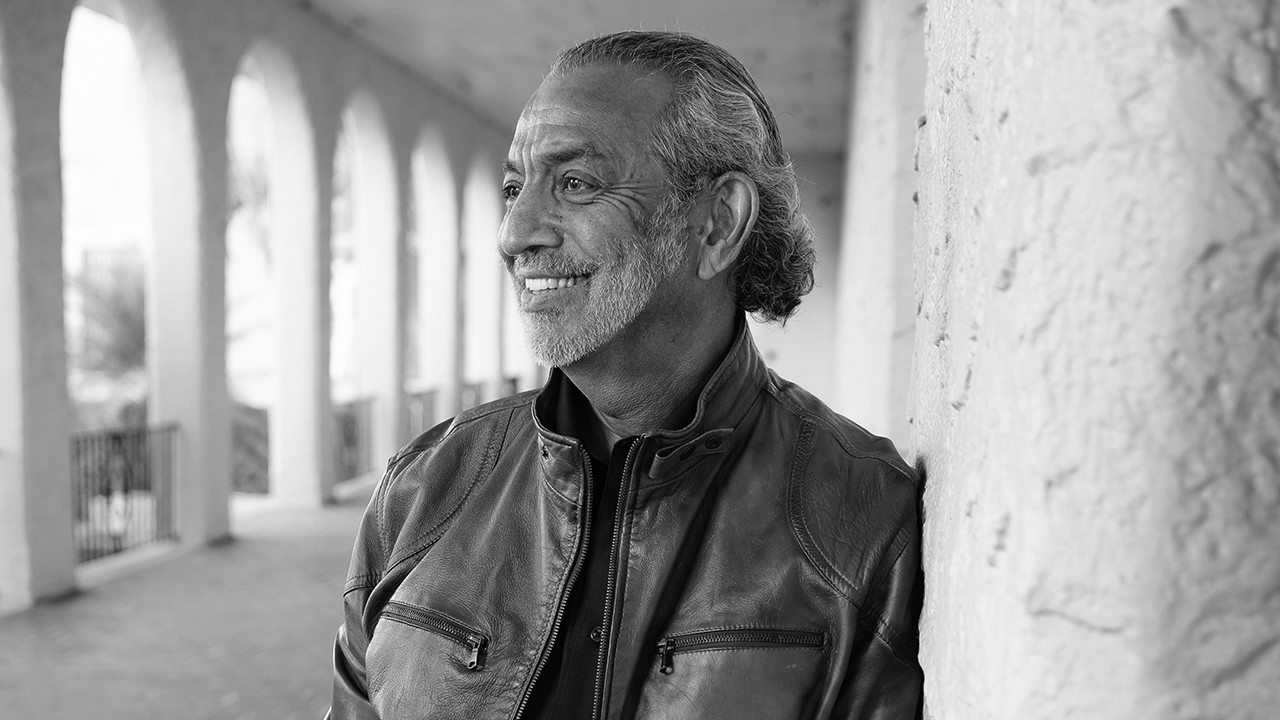[Blog] The Key to Communicating Big Changes

It’s important for Pastors to expect pushback and welcome it. If they don’t expect it, they’ll probably be surprised and reactionary. Anticipating hard questions gives us time to prepare, to gather more information, and to avoid reverse pushback, which occurs when the Pastor feels threatened and growls something like, “Are you for me or against me?” That never turns out well.
Pastors instinctively know who will jump on board pretty quickly, who will need a little time to process the information, and who will ask hard questions—and keep asking more of them after the first ones are answered. Sometimes Pastors are confused when they share a new idea, and they get some opposition or at least some reluctance to embrace it. They hear the “Amens” when they preach, but they can’t expect instant “Amens” from the members of the Board and the Leadership Team when they roll out a grand plan. The anointing in the pulpit doesn’t follow them into the office. They are two very different environments, requiring two different modes of communication, with two different sets of expectations.
If we anticipate good questions, we’ll be ready. Inevitably, someone who has heard the presentation asks, “But Pastor, what about...?” Imagine the difference if the Pastor responds, “That’s a great question. Here’s the way I see it right now, but I want your input along the way,” or “How dare you! You just need to trust me!” Honest questions are very different from genuine opposition, and the two shouldn’t be confused or equated.
I’ve seen four distinct types of responses from team and Board members:
» Open opposition, which occurs when relationships are already strained.
» Behind-the-scenes alliances, which thrive on gossip and innuendo.
» Disengagement, which occurs as people give up on any hope of being understood and valued.
» Honest inquiry, which is the kind of participation that’s based on trust and actually deepens trust between the Pastor and the others.
Without investing in open, honest, trusting relationships, leaders are asking for trouble when they communicate big changes are coming. But when trust has been established, honest questions are a sign of strength and health, not opposition. Of course, it’s certainly possible that some people trust the Pastor and others don’t—in fact, it may be just one, and this may be one of the most important teachable moments for that one.
This blog was extracted from Sam Chand’s new leadership resource How Leaders Create Chaos: And why they should! get your copy and grow as a leader this year by going to SamChandBook.com.
Stay up-to-date with all our upcoming releases!
Join our mailing list to receive the latest news and updates from us. Your information will not be shared.




